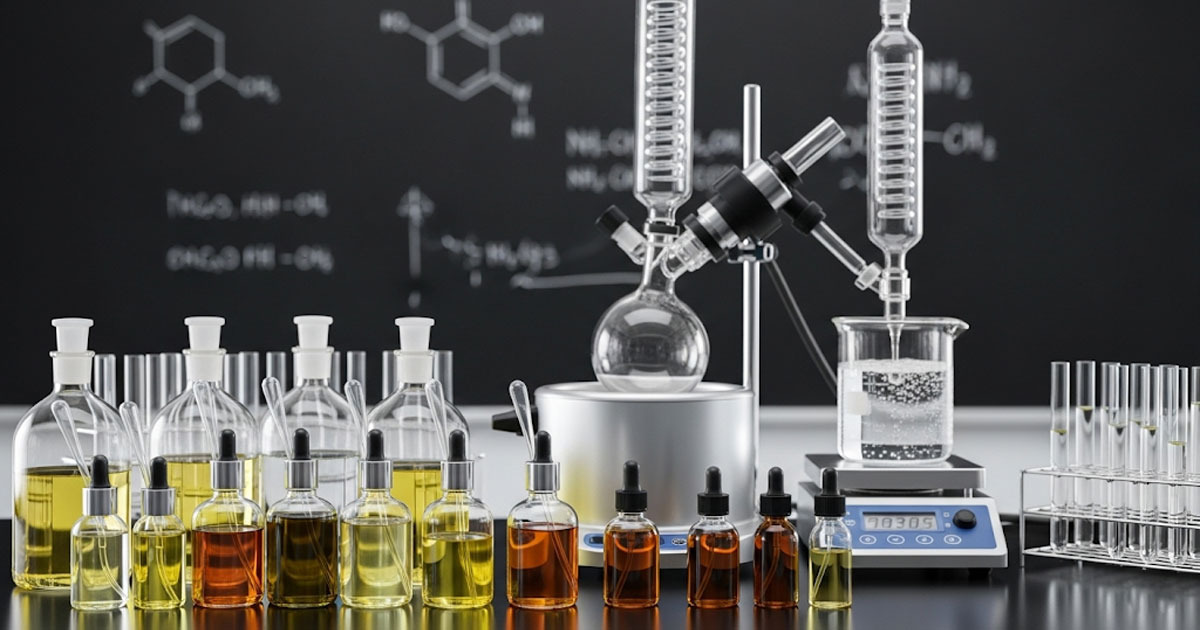Shifting Priorities in Hygiene Product Formulation
In the B2B hygiene sector, product formulation is no longer driven by function alone. Businesses today demand formulations that balance performance, safety, sustainability, and cost-effectiveness. Buyers in hospitality, healthcare, and commercial sectors increasingly expect more than just basic cleanliness they seek solutions aligned with their brand values and environmental policies.
This shift is prompting manufacturers to rethink their formulation strategies from the ground up. Traditional surfactants and preservatives are being phased out in favor of biodegradable and skin-friendly alternatives. The rise of conscious consumerism, even in institutional settings, has spurred demand for “clean label” formulations, where every ingredient is scrutinized.
In this evolving market, formulation is not just a technical task it’s a strategic differentiator. Companies that can deliver innovative, safe, and effective hygiene solutions at scale gain a competitive advantage in B2B procurement environments.
Sustainable and Biodegradable Ingredients Take the Lead
Environmental Responsibility as a Business Imperative
For B2B buyers, sustainability is now a key procurement criterion rather than a marketing bonus. This translates directly into demand for ingredients that are readily biodegradable, derived from renewable sources, and produced with minimal environmental impact.
Formulators are increasingly turning to sugar-based surfactants, such as alkyl polyglucosides, and plant-derived preservatives like potassium sorbate.
Reducing the Carbon and Water Footprint
In addition to ingredient sourcing, water-saving formulations such as concentrated products and solid formats are gaining traction. These reduce packaging waste and emissions during transport. Powder-to-liquid hand wash and dish wash tablets, for instance, are becoming common offerings in environmentally responsible B2B portfolios.
Certification and Transparency
Third-party certifications like EcoLabel, USDA BioPreferred, and COSMOS Natural are being leveraged to validate sustainability claims. Transparent labeling of full ingredient lists, even in B2B packaging, is becoming a norm to meet procurement and compliance requirements.
Skin-Friendly and Hypoallergenic Formulations
Safety Beyond the Household
While end-users in B2C markets demand gentle and safe products, the same expectations have filtered into B2B. In hospitals, schools, and hospitality venues, the exposure of staff and guests to hygiene products is frequent and prolonged. As such, low-irritation and non-sensitizing formulas are a must.
Free-From Claims and Dermatological Testing
Formulators are now avoiding common allergens and irritants, such as SLS, parabens, and synthetic fragrances. Claims like “dermatologist-tested,” “fragrance-free,” or “suitable for sensitive skin” are increasingly prevalent, even on industrial-scale packaging.
pH-Balanced and Enriched Formulas
Daily hygiene products such as hand wash and body wash are now often pH-balanced and infused with emollients like glycerin, aloe vera, or panthenol to prevent dryness and irritation, especially for staff in constant contact with cleaning agents.
Multifunctional and High-Efficiency Solutions
Consolidation for Operational Efficiency
B2B buyers are looking to streamline procurement by sourcing multifunctional products. For example, one formulation that functions as both hand soap and surface cleaner can reduce SKUs, simplify storage, and lower cost per use. This trend has pushed formulators to engineer versatile, stable, and broad-spectrum performance products.
High-Foam, Fast-Rinse Technology
Advances in surfactant science have led to formulations that deliver high foam with easy rinse-off, reducing water usage and improving user satisfaction. In institutional kitchens and restrooms, this has measurable impact on efficiency and compliance.
Incorporation of Antibacterial and Odor-Control Agents
Post-pandemic hygiene standards have heightened the demand for products with antimicrobial properties. However, there’s a shift away from harsh agents like triclosan toward naturally derived or non-residual antimicrobials such as benzalkonium chloride or essential oil blends.
Innovation Through Collaboration and Customization
Co-Development with B2B Clients
Leading manufacturers are partnering directly with B2B clients to co-develop tailored formulations. These collaborations ensure the products meet sector-specific requirements be it for spa environments, healthcare settings, or educational institutions.
Regulatory-Driven Formulation Strategy
Formulators must stay ahead of regulations such as REACH, the EU Detergents Regulation, or local halal certification standards. Custom solutions that align with regional compliance frameworks provide significant value in in




